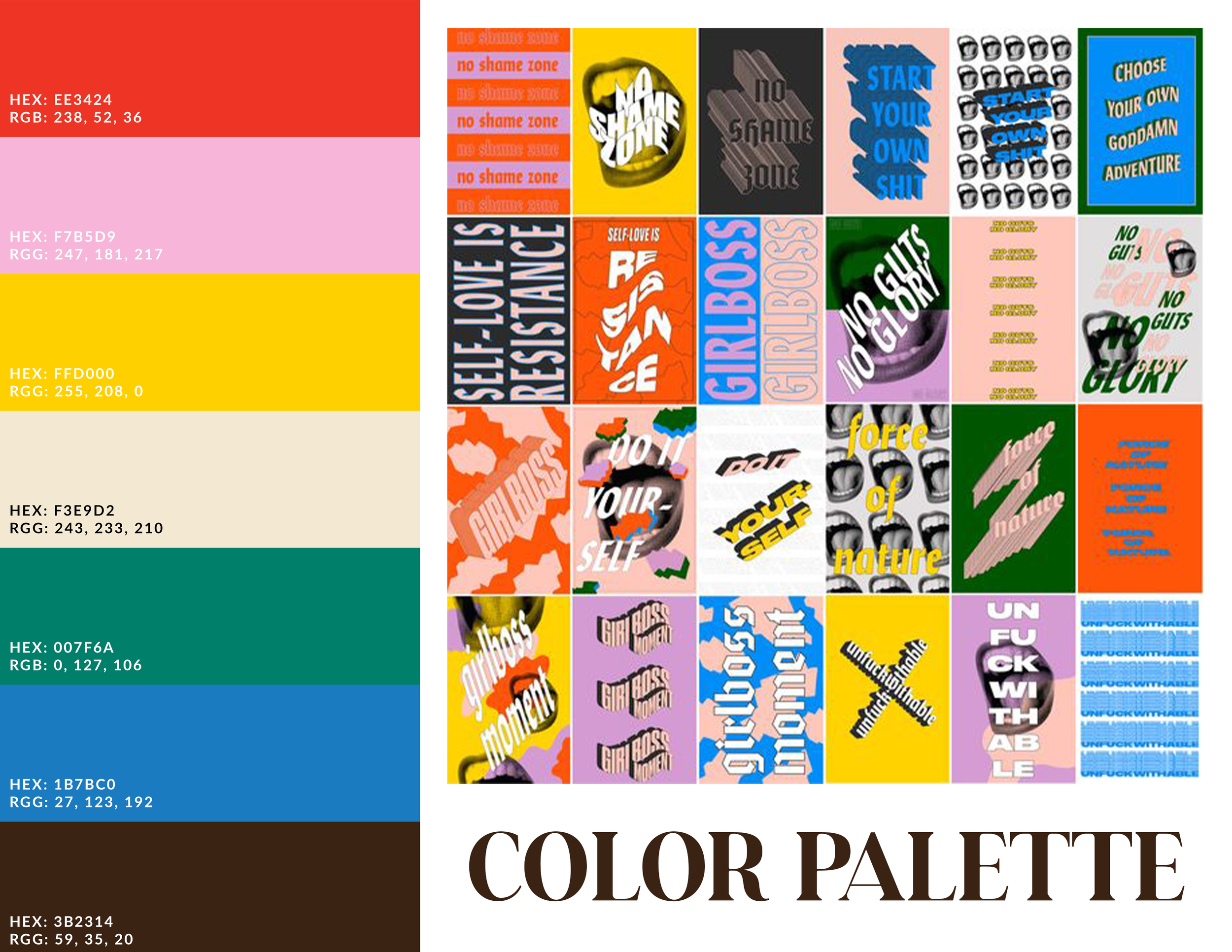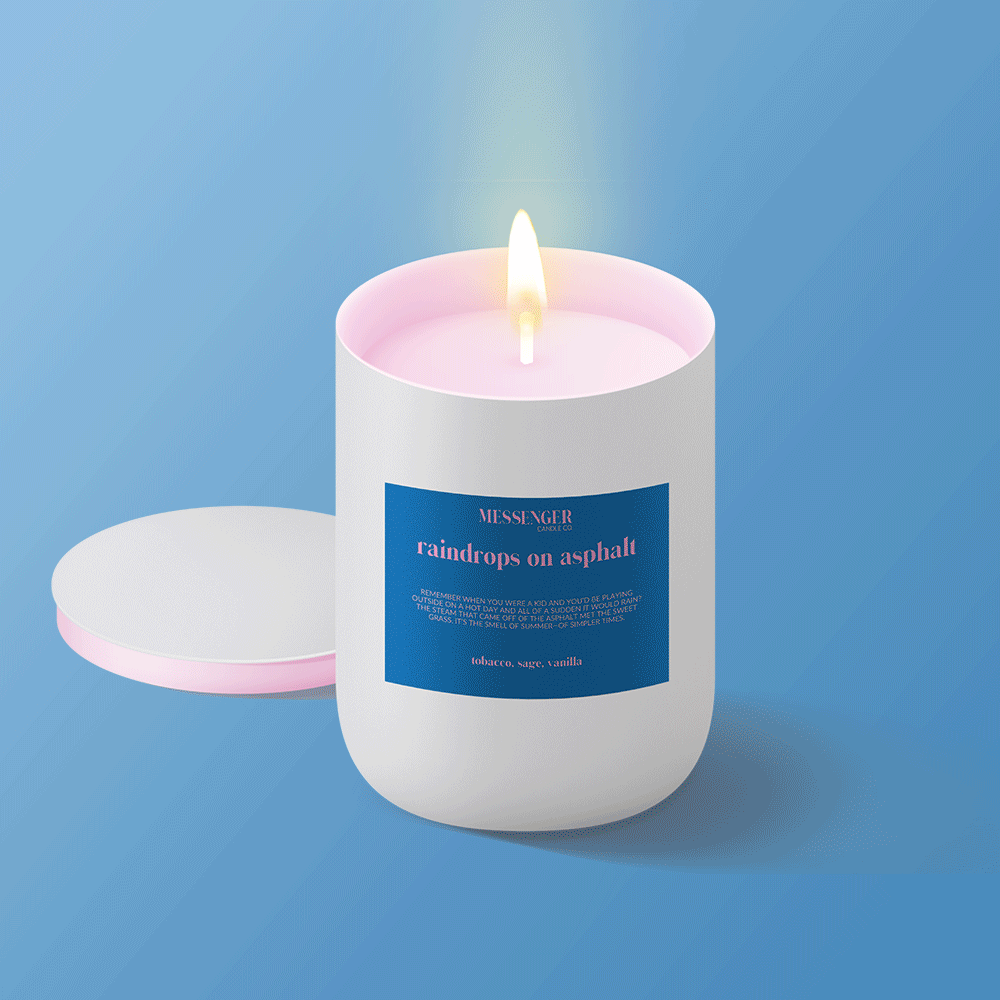Branding 101—How to Get Your Brand Off the Ground With Ease
Branding is sometimes seen as an elusive concept. It’s talked about almost interchangeably with logos, marketing, and sales as if they are all one and the same. It’s true that the strategies used in branding should overlap with marketing campaigns and sales initiatives, but branding is a stand-alone concept that is so much more than a logo.
What does branding mean?
Branding is the culminated representation of your business. Whether you are an artist, musician, startup, or small business, you will have a brand. An analogy I often use when it comes to branding is it’s a lot like dating. Think of it this way, when you’re swiping on the apps or you’re perusing at a pub, you’re either drawn to or turned off by your first impressions. It can be anything from the way someone dresses to how they sound to the way they carry themselves that either attracts you or does not. Branding is exactly the same concept.
It’s essential that you know who you are marketing your brand to. Your aesthetics and general vibes are going to attract or repel potential customers, just as they do when you’re dating. You want to make sure your brand is a proper representation of who you are and who you are is clearly defined. That definition needs to be crystal clear internally amongst your team as well, not just with external branding. You want any assets, products, or other communications your team creates to accurately reflect your mission and vision.
How does branding help grow your business?
There’s always a discovery period with new potential clients, customers, followers, fans—whatever the folks who are interested in you are called. They might find you on social media, from an ad on the subway, or a flyer hung up at a local coffee shop. Whatever that first moment of discovery may be, your brand is going to be the thing that pushes them to take the next step, or not. This is how branding helps grow your business. Branding is so important because it sets the scene for who you are.
If you are running ads as a part of your marketing campaign, your branding can make or break that campaign’s success. You should always know the demographics and psychographics of your ideal client. If you know who they are and what makes them tick, you should be able to create something that will appeal to them, but if you don’t do your research on design aesthetics that appeal to your target demographic, your branding can affect your sales results from those campaigns.
What does branding include?
Branding pertains to any stylistic choice that represents your business, including, but not limited to:
Logos
Color palette
Font choice
Copywriting
Visual imagery
Product descriptions
About me/our story
Website
Social media
Newsletter
And so much more
All of these things should be represented in a brand book for quick access and onboarding of any new team members so they can accurately represent your business. You’re looking to control and perfect the tone, energy, and style in which your brand is represented universally. Hiring a Brand Strategist is the quickest way to achieve a branding style that is cohesive and accurately reflects your business’s goals. However, if you’re walking into the world of branding alone, I would recommend you start with some research.
Take some time to look at other brands—it doesn’t matter if their product aligns with yours. Go to the grocery store and check out the alcoholic beverage section. Pick up a 6 pack of craft beer and really read the whole box. Look at the images, the copy, if they post their website or social media—whatever they include on the label. Check out the logo. Is it type-based, illustrated, or both? What color schemes do they use, are they bright, neutrals, earth tones, etc.? See what flavor the beverage is and if you think it matches the color palette they chose. You might expect to see a watermelon-flavored drink have some reds, bright greens, maybe pinks, and a dark green or black element, right?
Good branding will tell you what a product is before you even read the copy or really focus on the logo. All of the elements should add to the experience, only selling you on the product even more. Your branding should tell a story in under 5 seconds. Does it do that right now?
What is branding through interpersonal communications?
Something that many folks forget can make or break your branding is you or any other person representing your business. The way you conduct yourself, especially if you have an influential public platform, can dramatically improve or damage your brand. For example, if you run a company that’s zero waste with a mission of sustainability, but you have a personal Instagram account where you promote fast fashion companies, you’re hurting the credibility of your brand because you’re showing that mission isn’t something you actually care about.
On the other hand, amazing individuals can catapult their business into the spotlight due to their branding. There are hundreds of YouTubers who started out with strong representations of their personal brand that later allowed them to become successful business owners or provided them opportunities to collaborate with already successful businesses. Whether you’re an individual creator or a big company, interpersonal branding can greatly impact a customer’s trust in your business.
Why is branding important for small businesses?
For a small business, branding is an essential component of your overall strategy. When you’re at the stage where you may have a handful of customers who are dedicated, but you’re still growing and constantly on the lookout for new potential leads, your branding will be the deciding factor in early customer buy-ins. With a company like Amazon, for example, branding isn’t as important because customers are choosing to shop with Amazon for convenience, speed, and price—three things that aren’t often selling points for small businesses.
Small businesses usually attract customers because they are some combination of these things:
Extremely unique
Innovative
Culturally specific
Promote an important cause
Local
Handmade or custom
Do a better job
These are your selling points and your branding should highlight them accordingly. Maybe your logo features the colors of your culturally specific focal point, or your website copy mentions how unique and vintage your items are. Whatever it may be, this is the time to portray yourself accurately through your branding to land your desired audience.
How long should your branding last?
It’s important to know that your branding is a representation of you, therefore, any changes you make on your branding should be purposeful, well thought out, and done all at once, if possible. You want to tell your customers, clients, or followers that you’ll be launching some new branding so they know what to expect. You might even want to offer some sneak peaks in the weeks leading up to launch so that when your branding changes, your audience still knows it’s you.
That being said, you should not change your branding very often. It should be done because you’ve grown as a brand, matured in style, or expanded your offerings. It’s okay to change and grow and become better. Never limit yourself to an arbitrary standard that someone else sets. Just make sure your changes are purposeful and not done out of anxiety, fear, or comparison.
Good branding will last you years, even decades, if done correctly. You can carry your branding for the duration of your business, updating only certain aspects and elements as needed. Branding is often an investment and should be treated as such—something you plan and save for because it’s a positive, long-lasting step for your future.
Should I hire a Brand Strategist?
If you are serious about your business and decide you’re ready to make moves towards your branding goals, hiring a Brand Strategist is a great way to do that. I recommend you hire a strategist who is a designer yet, also understands marketing and communications. There are strategists who just do logos, just do marketing, or just do business strategy, but working with someone who can take all aspects of your business into account is the best way to optimize your brand strategy for the long haul.
My experience as a creative who has worked in communications of all kinds for over 12 years has given me a unique skill set in writing, design, operations, and marketing to provide a well-rounded approach for my clients. I call myself a Creative Strategist because my strategies are all-encompassing, providing creative solutions to whatever your business or project might be. If you’re interested in learning more about my creative strategy services you can see what packages I have to offer, or if you have a unique project in mind, you can contact me to see how I can help you get started! The time to build your future is now.
Want more tips on branding and design? Follow me on Instagram!





